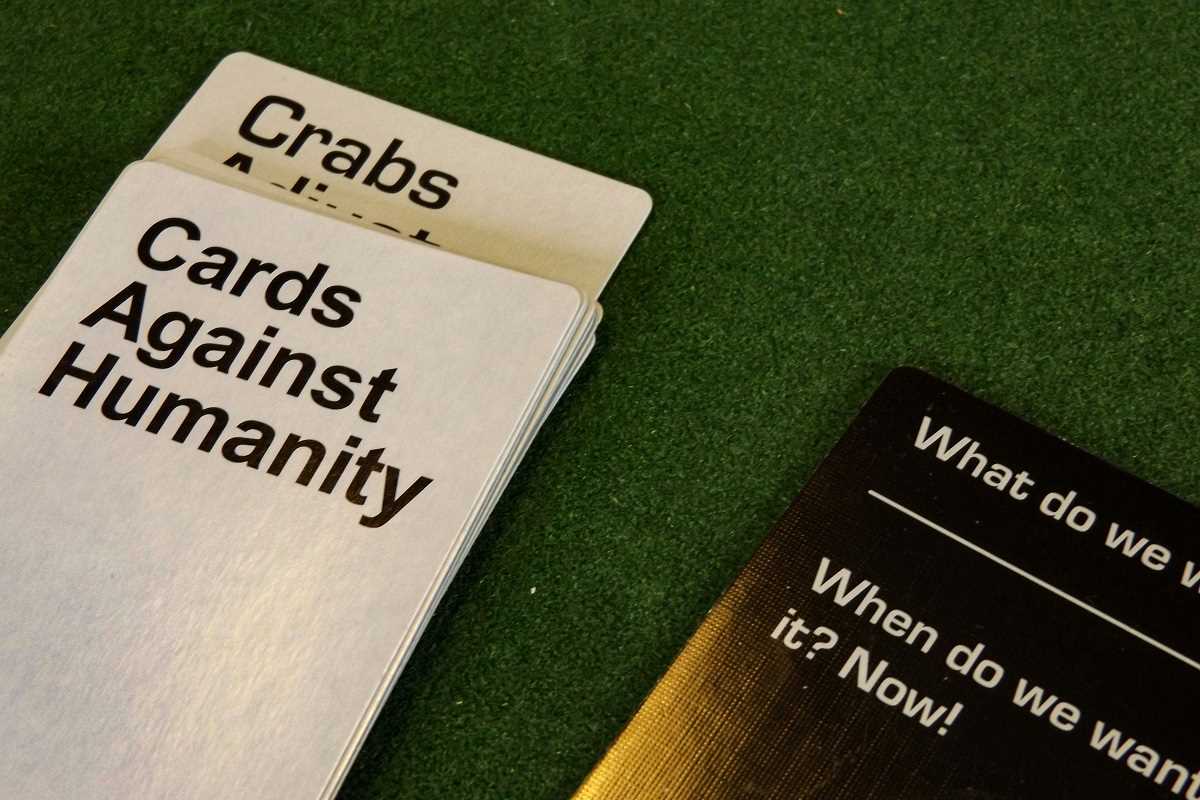Board games are the ultimate antidote to the tech-induced isolation that many families experience. They offer an incredible opportunity to gather around the table, away from devices, and engage in something that is not only fun but also educational and rewarding. While you’re playing, you’re not just rolling dice or moving pieces — you’re building memories, developing skills, and bonding in ways that go beyond just ‘family time.’
Whether it’s a game of Monopoly, Scrabble, or a more modern strategy game, these activities provide an opportunity to have meaningful conversations, make decisions together, and share laughs — all while engaging in a healthy dose of competition. But the real beauty of board games lies in their ability to offer a blend of relaxation and stimulation, with plenty of room for connection and growth.
Building Bonds: The Heart of Family Game Time
Board games are an excellent way to bring everyone together for a dedicated stretch of time, where the goal is simple: to enjoy each other’s company. And with each roll of the dice or turn of a card, family members get the chance to bond in a way that might not be possible during the usual hustle and bustle of daily life. It’s a rare opportunity to hit pause and focus entirely on each other — no phones, no distractions, just fun and connection.
As you work your way through a game, you’ll inevitably find moments to chat, share stories, and make each other laugh. Whether it’s teasing your sibling about an unfortunate dice roll or celebrating a clever move, these moments contribute to a stronger, more cohesive family unit. The competitive spirit of games often leads to friendly banter, creating an environment that encourages playfulness and affection.
How Board Games Foster Bonding:
- Encourage laughter and fun: The joy of playing together strengthens family ties.
- Create shared experiences: Every game played becomes a unique memory for the family to cherish.
- Promote togetherness: Board games bring everyone into the same space, both physically and emotionally.
Communication Skills: Talking, Negotiating, and Strategizing
Clear communication is key in both family life and many board games. Whether you're negotiating with other players in a game of Settlers of Catan, explaining your strategy in Risk, or simply discussing the best way to use your resources, board games provide an excellent platform to practice and improve communication skills.
For kids, playing games helps them develop the ability to express their thoughts and ideas clearly. In a game like Pictionary, they learn to articulate their thoughts quickly while being creative. For younger children, games like Guess Who? teach them how to ask precise questions and listen carefully to answers.
For adults, board games provide a low-stakes environment to practice active listening, negotiation, and persuasion. These skills come in handy not only in a game setting but also in daily life, whether at work or within the family. Additionally, game play often involves explaining rules, managing expectations, and compromising, all of which are essential communication skills.
Perhaps most importantly, board games create a social space where every family member’s voice is heard, whether they’re making decisions, asking questions, or sharing their thoughts on the game.
How Board Games Boost Communication:
- Facilitate strategic discussions: Games require clear explanations and collaboration to succeed.
- Encourage active listening: Players must pay attention to each other’s moves and statements to strategize effectively.
- Promote negotiation: Many games require players to negotiate with others, teaching valuable skills in persuasion and compromise.
Screen-Free Fun: Disconnecting from Technology and Reconnecting with Family
One of the greatest benefits of playing board games is the opportunity to disconnect from technology. With the constant stream of notifications, emails, and social media, it can be easy to forget what it feels like to sit down and engage in something entirely offline.
Board games offer a welcome respite from screens. They provide an analog experience that allows family members to focus on the here and now, rather than the next text message or Instagram post. In this sense, board games serve as a reminder of the importance of mindfulness — a practice that’s becoming more and more essential in our modern, hyperconnected world.
Taking a break from screens isn’t just for kids either. Adults can benefit from reducing their screen time and being present with their family members. When the phone is put down, the distractions are minimized, and everyone can focus on enjoying each other’s company, which makes board games an excellent bonding activity.
The Benefits of Going Screen-Free:
- Promotes mindfulness: Board games help everyone stay present and engaged, free from digital distractions.
- Encourages face-to-face interaction: Spending time with loved ones in person strengthens family relationships.
- Reduces screen fatigue: Taking a break from screens can help reduce eye strain and improve overall well-being.
Educational Value: Learning While Having Fun
Board games can also be a great educational tool. Many games are specifically designed to teach skills like math, language, geography, and history. A game like Scrabble builds vocabulary, while a trivia game like Trivial Pursuit encourages learning about a wide range of topics. Games like Monopoly teach concepts of money, property management, and economic strategy, while something like Sequence or Chess helps players hone their strategic thinking.
For young children, games like Candy Land or Chutes and Ladders teach basic counting, colors, and turn-taking. Games such as these provide a fun, interactive way for kids to learn without the pressure of a classroom setting. And for older kids and adults, games can continue to challenge knowledge and encourage learning in new areas.
Plus, learning through play is one of the most effective methods for retaining information, as it’s a hands-on experience that keeps everyone engaged and having fun.
 (Image via
(Image via





